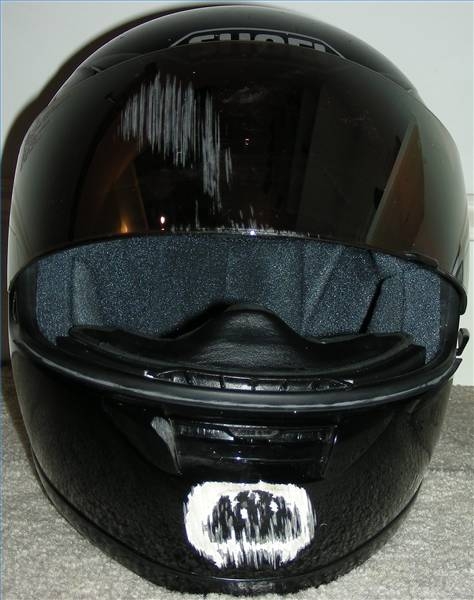
Helmets are a key safety element when riding on any kind of motorcycle. They have been proved to help save lives in the unfortunate situation of a collision or other kind of accident. Helmets involved in accidents should be replaced immediately, but what about those that aren't? Experts suggest replacing motorcycle helmets even when they haven't been in an accident, for various, important reasons.
Replace helmets that have any kind of noticeable damage immediately. Cracks and chips can indicate reduced structural integrity and can lead to serious injury if worn during an accident. Replace helmets without obvious damage every two to four years, according to the Motorcycle Safety Foundation.
Helmets are made out of materials that slowly deteriorate over time. This material begins to break down through use, heating and cooling. Chin straps begin to fray with constant use, making them more susceptible to breakage. The glues, resins and material used when the helmet was constructed will also begin to break down, adding to more discomfort and less protective qualities. If a helmet becomes loose, do not attempt to replace the padding. Purchase a new one instead.
To ensure your helmet needs replacement only after its maximum lifespan, take care in maintaining it. Never drop a helmet and, if you accidentally do, make sure to inspect it completely for signs of spiderweb cracks and chips. Helmets can usually be brought to a manufacturer for inspection and, sometimes, repair. Take advantage of this service if possible. In addition, make sure to keep the interior of the helmet clean. Sweat and heat from your head will begin to break down the interior lining and foam and make the helmet loose on your head, so cleaning it after each use is recommended.